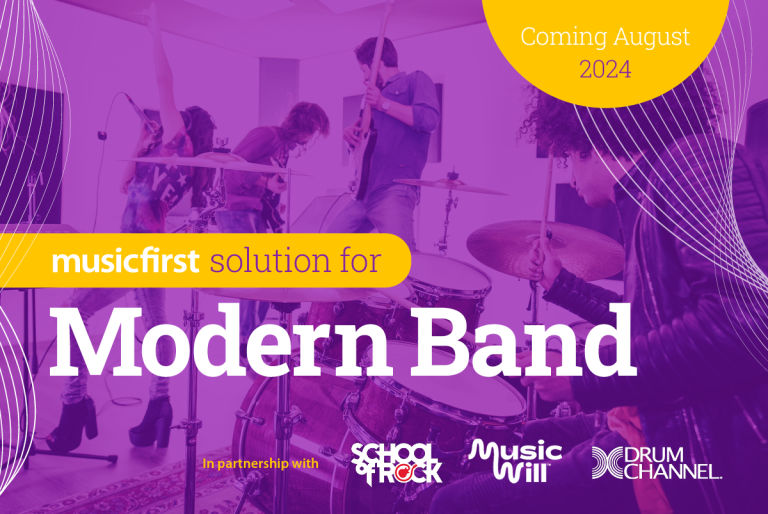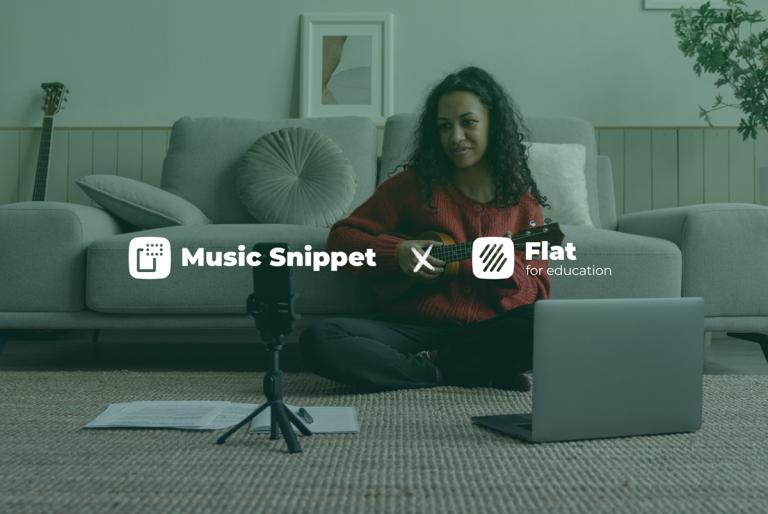
Project-based learning (PBL) is a dynamic classroom approach in which students actively explore real-world problems and challenges through the creation of projects. This method is especially effective in music education, where students can benefit greatly from hands-on activities that combine creativity with musical theory. Educators looking to enhance the effectiveness of their teaching strategies might find that actively engaging in the projects they assign, either by participating alongside their students or by experimenting with these projects beforehand, could significantly improve both educational outcomes and student engagement. Here are some key reasons and strategies for music teachers to consider adopting this approach.
Understanding and Refining Project Requirements
One of the most compelling reasons for educators to engage in the projects they assign is the invaluable perspective gained from firsthand experience. By undertaking the projects themselves, teachers can assess the clarity of the instructions, identify potential stumbling blocks, and gauge the actual time required to complete the projects. This hands-on approach ensures that the project is both achievable and meaningful. It allows educators to fine-tune the project requirements and instructions based on their personal experience, leading to a more streamlined and effective student experience.
Enhancing Instructional Credibility and Student Engagement
Students typically respond positively when they see their teachers actively participating in the same tasks they are assigned. This not only enhances the teacher's credibility but also fosters a collaborative classroom atmosphere. Students may feel that they are part of a team effort rather than simply completing an assignment. Additionally, when teachers use their own completed projects as examples for future classes, it provides a concrete standard for students to aspire to, and can save educators time in explaining project goals and expectations.
Reconnecting with Music
For music educators, engaging in creative projects such as composing music or producing podcasts offers a chance to reconnect with their own musical passions and skills. This can be a refreshing change from the routine of traditional teaching and can invigorate a teacher’s enthusiasm for music and education. Moreover, such active involvement can serve as a powerful model for lifelong learning and passion for music, inspiring students by showing them that their teacher values and practices continuous personal and professional development.
Practical Tips for Implementing Active Participation in Projects
- Start Small: If time constraints are a concern, teachers can choose to participate in just one project per term or school year. This manageable approach allows educators to integrate active participation without overwhelming their schedules.
- Use Real Examples: By engaging in projects themselves, teachers can create authentic examples to showcase to students, which can serve as a motivational tool and a practical guide.
- Share Experiences: Discussing the challenges and successes encountered during their own project execution can help demystify the process for students and prepare them better for their own projects.
- Iterate and Improve: Use the insights gained from participating in projects to continuously improve the assignments. This iterative process ensures that each project is more refined than the last, potentially leading to better student outcomes and smoother project executions.
- Engage with the Community: When possible, teachers might consider sharing their projects not just with their students but with the wider school community. This can elevate the profile of the music program and demonstrate the teacher's commitment to educational excellence.
By integrating themselves into the project-based learning process, music educators can enhance the learning experience, making it more engaging and effective for their students. This involvement not only benefits students by providing them with a clearer, more connected learning experience but also rejuvenates the educators’ passion for music and teaching, ultimately enriching the educational environment for everyone involved.

